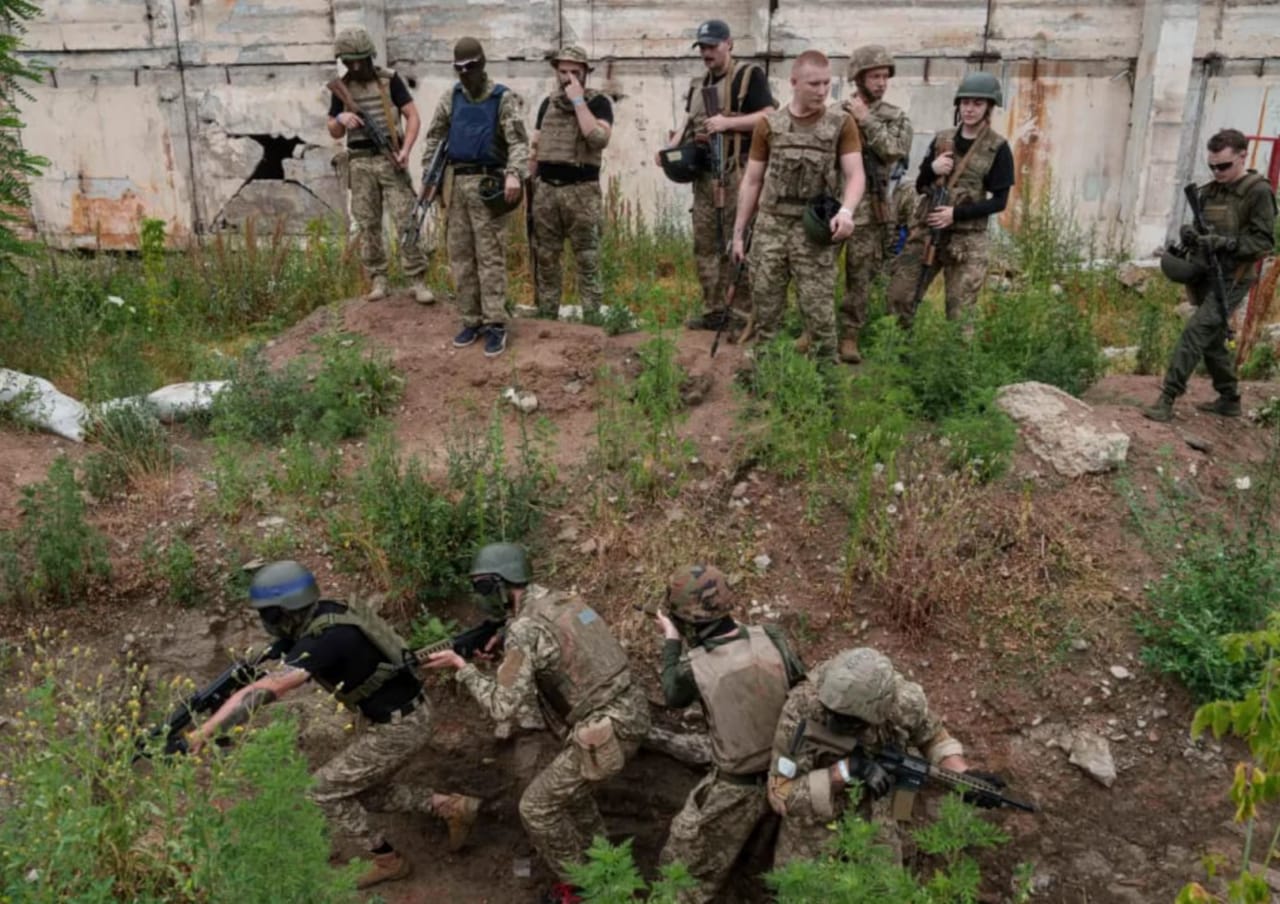
KYIV/WIESBADEN:
Ukraine has launched a high‑stakes initiative to allow foreign arms manufacturers to test their latest weapon systems directly on its front line under combat conditions. The programme, dubbed Test in Ukraine, is coordinated by Brave1, a state‑supported defence investment and procurement platform established in 2023.
At a defence conference in Wiesbaden, Artem Moroz, head of investor relations at Brave1, said the scheme “gives us understanding of what technologies are available. It gives companies understanding of what is really working on the front line”. Participating firms can dispatch prototype systems, ranging from air defence to AI‑driven weapons, and provide remote training, after which Ukrainian forces operate them in actual combat environments and share feedback on performance.
The programme’s declared priorities include drone interceptors, air intelligence systems, electronic warfare, precision write‑guidance artillery and unmanned naval or robotic systems. Brave1 hopes the battlefield testing can help accelerate domestic defence production through partnerships with Ukrainian manufacturers.
Ukraine’s Minister of Digital Transformation, Mykhailo Fedorov, emphasised the unique value of real‑world testing, calling it “an opportunity to gain experience that simply cannot be replicated in labs” and stressed that the initiative encourages joint development and scalability for winning solutions.
Deputy Minister of Defence Valerii Churkin had earlier pitched the concept at the Estonian‑Ukrainian Defence Industry Forum, offering international partners long‑term cooperation including equipment trials and joint ventures. He noted Ukraine’s urgent requirement for anti‑drone systems and modernisation of existing weaponry.
Despite strong interest, Brave1 has not disclosed any specific companies or contracts. Moroz declined to discuss operational details or cost structures, stating the initiative is still in its early phase.
Ukraine is currently embroiled in a protracted war against Russia across a more than 1 000‑kilometre front line. The country hopes that by harnessing battlefield data from foreign prototypes it can outpace the Russian military in innovation and logistics, while nurturing its domestic defence sector through foreign investment and technical collaboration.
Observers say the scheme matches a broader trend in modern conflict, where Ukraine increasingly serves as a proving ground for NATO‑origin systems. Many Western countries now seek direct combat feedback to refine their capabilities. Ukrainian Defence Minister Oleksiy Reznikov has previously stated: “For the military industry of the world, you can’t invent a better testing ground”.
The initiative also reflects Kyiv’s ambition to reduce reliance on imports. Approximately forty per cent of weapons used by Ukrainian forces are now domestically produced, and defence manufacturing capacity continues to expand rapidly.
As Ukraine seeks to win the war and build a robust industrial base, Test in Ukraine represents both a tactical manoeuvre and industrial strategy. By offering its front line as both battlefield and laboratory, Kyiv is forging new partnerships and accelerating innovation under fire, a bold gambit in an era where war and technology are inseparably linked.